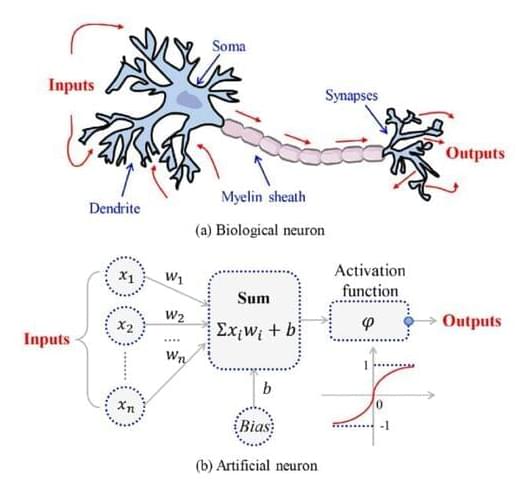Neuromorphic computers are devices that try to achieve reasoning capability by emulating a human brain. They are a different type of computer architecture that copies the physical characteristics and design principles of biological nervous systems. Although neuromorphic computations can be emulated, it’s very inefficient for classical computers to simulate. Typically new hardware is required.
The first neuromorphic computer at the scale of a full human brain is about to come online. It’s called DeepSouth, and will be finished in April 2024 at Western Sydney University. This computer should enable new research into how our brain actually functions, potentially leading to breakthroughs in how AI is created.
One important characteristic of this neuromorphic computer is that it’s constructed out of commodity hardware. Specifically, it’s built on top of FPGAs. This means it will be much easier for other organizations to copy the design. It also means that once AI starts self-improving, it can probably build new iterations of hardware quite easily. Instead of having to build factories from the ground up, leveraging existing digital technology allows all the existing infrastructure to be reused. This might have implications for how quickly we develop AGI, and how quickly superintelligence arises.
#ai #neuromorphic #computing.
A new supercomputer aims to closely mimic the human brain — it could help unlock the secrets of the mind and advance AI
https://theconversation.com/a-new-sup…






